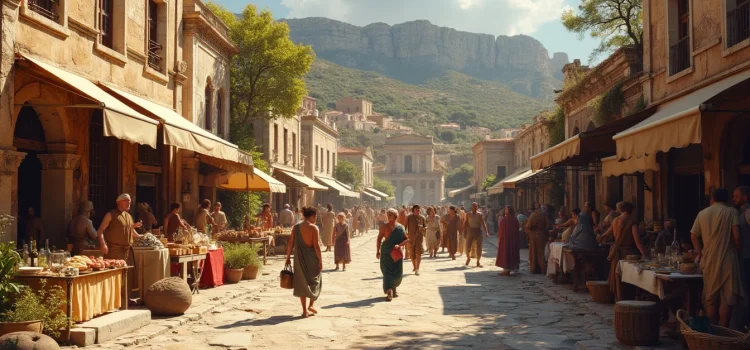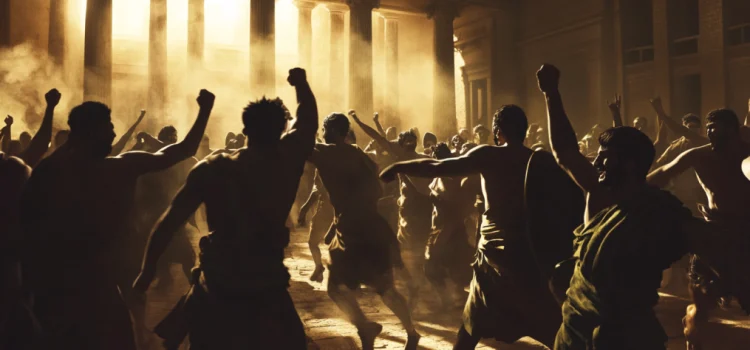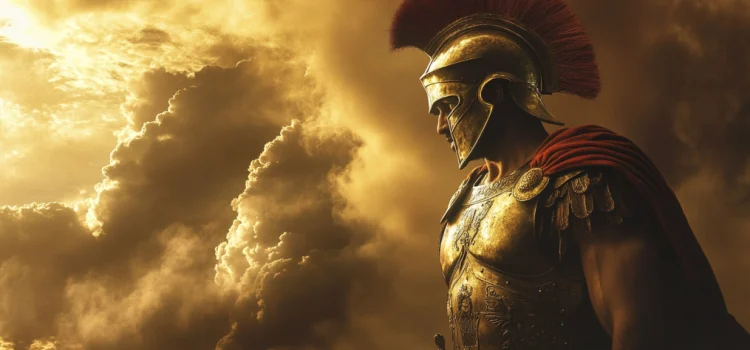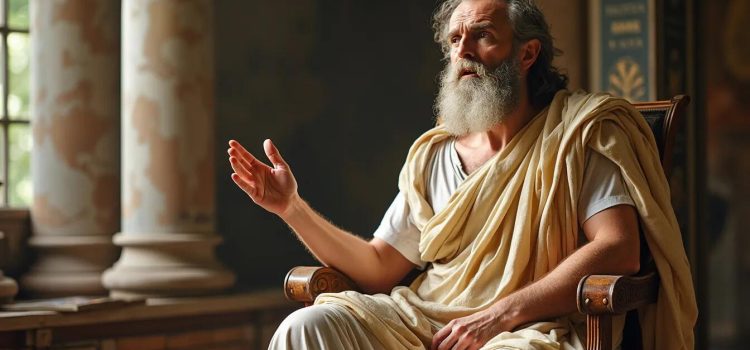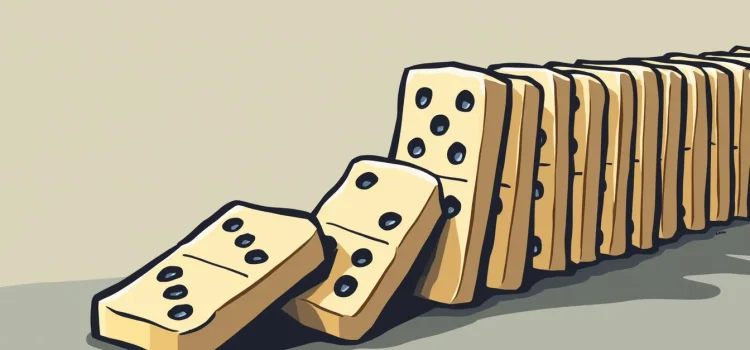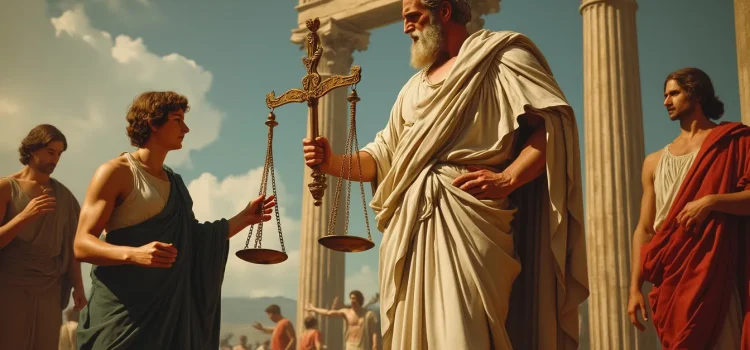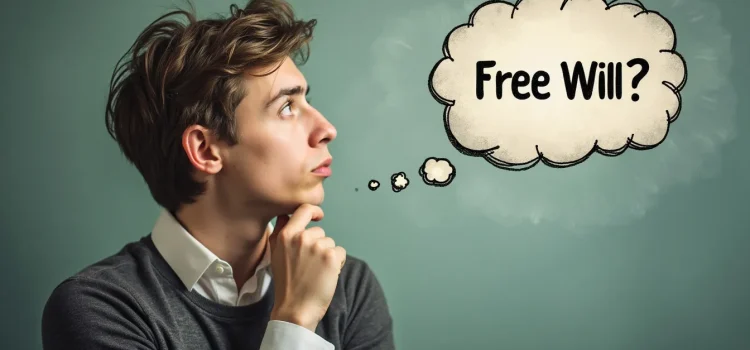Is democracy truly the worst form of government, except for all the others? What was Plato’s take on it? According to Plato, democracy leaves a lot to be desired. In The Republic, he presents a thought-provoking critique of democracy through the character of Socrates. He outlines a progression of societal structures, with democracy as the second-worst. Read on to understand Plato’s analysis of democracy and discover why he believes it’s less than ideal.
Plato: Democracy Is the 4th Best Form of Government
